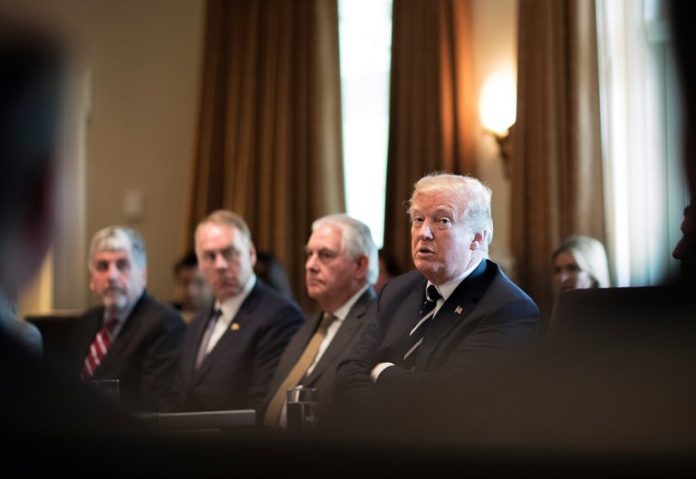For years during the Obama administration, Republicans used fiscal hard lines to oppose Democratic budget proposals and other legislation. Now, with the GOP in full control of the law making process, Republican attitudes towards raising the deficit have warmed. The success of Trump’s tax reform plan may hinge on what matters more to Washington, debt or tax cuts.
Tax Cuts and Deficits

Mick Mulvaney, the Director of the Office of Management and Budget, has been a major White House mouth piece touting tax cuts. Mulvaney has argued that tax cuts that expand the deficit will pay for themselves through long term growth. “Macroeconomic changes will always lead to change in the larger economy, okay?” said Mulvaney last week.
Senator Bob Corker, spoke of Mulvaney recently. “Our OMB guy, I say this with humor, what happened to him?” Corker said. “He used to be the fiscal hawk.” Indiana Senator Todd Young added to Corker’s skepticism of the plan in an interview with the Indiana Business Journal last week. “We can’t assume unreasonable rates of economic growth or we’re being fiscally irresponsible.”
Trickle Down Economics
Congressional Republicans are notorious for wanting less debt but also lower taxes. The two can’t always mutually exist. In theory, tax cuts lead to greater economic growth. Better growth leads to a larger tax base and more tax receipts in general for the government. This was the economic vision that inspired the Reagan and Bush tax cuts.
Where does Congress Stand?
Many House Republicans would obviously favor a revenue-natural plan. That is, one that cuts taxes but also limits spending elsewhere. Reps. Tom Cole (R-Okla.), Adrian Smith (R-Neb.), and Charlie Dent (R-Pa.) for example, all back a neutral plan. But with a stalled agenda, there will be increased pressure on Congress to pass a tax package, even if it’s not rigidly deficit neutral.






